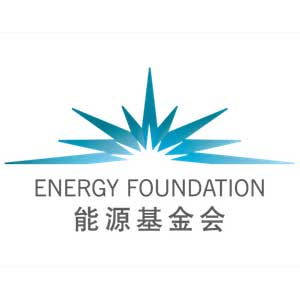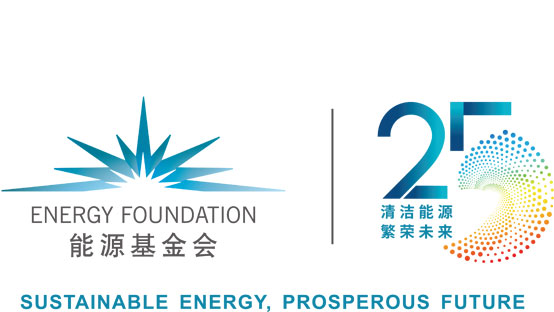Just How Energy Saving Are Those All-Electric Vehicles?
In June, the number of electric cars in Europe surpassed the one million threshold, a year after China hit the milestone. The U.S. isn’t far behind, expected to complete the feat in several months, with the help of Tesla. By now, the trend is unmistakable and gaining in strength. Yet there has always been persistent voice of doubt: are electric vehicles really better than traditional fossil fuel vehicles in terms of fuel economy and carbon emissions?
These concerns are especially pronounced in China, the world’s largest electric vehicle market and the biggest carbon emitter. With strong government backing and favorable national and local policies, it has maintained a spectacular year-on-year growth of more than 50 percent since 2015. It’s estimated that over five million electric vehicles will hit Chinese roads by 2020. But critics have asked whether we are trading one form of pollution with another since that over 70 percent of electricity in China comes from thermal power generation, which heavily relies on coal.
In the world’s largest market for coal, the rationale goes, if coal is dirty, how clean is the electricity that powers an electric vehicle? So by now, it is important to learn if we can be certain that electric vehicles are going to be better for the environment than traditional motor vehicles.
Now, a new study supported by Energy Foundation China has come up with reassuring answers. Based on actual road tests and the latest public data, it found that all-electric vehicles consume less energy and emit less carbon dioxide than gasoline vehicles, regardless of their stage of vehicle operation or fuel cycle processes.
In order to gauge the overall fuel economy level of electric vehicles, the study selected top selling models that accounted for 75 percent of the market in 2016 and calculated their weighted averages. It concluded that the average fuel economy level of electric vehicles, converted into the simple calorific value (or heating value), is equivalent to 26 percent of that of gasoline vehicles in 2016; but the figure increases to 58 percent when full fuel cycle is taken into consideration.
Full fuel cycle is often used by the industry to analyze vehicle energy savings, looking at everything along the way from extraction site to driving wheel (Well-to-Wheel, WTW). It includes the production phase and operation phase of vehicle fuel. That means, if someone wants to examine the energy-saving and emission reduction effects of different vehicles in the full fuel cycle of WTW, it’s necessary to take into consideration of the data on crude oil (raw coal) production, transportation, and gasoline and diesel refining and transportation processes.
Aside from better fuel economy, electric vehicles are also found to emit less greenhouse gases than gasoline vehicles in the operation phase. It’s commonly understood that carbon emission level of electric vehicles is closely related to that of the power industry. And an analysis of relevant data found that carbon emissions of EVs are only around 60 percent of gasoline vehicles.
Therefore, it is clear that all-electric vehicles are more energy efficient than gasoline vehicles in fuel life cycle, and have lower carbon emissions than gasoline vehicles in the operation phase.
While the future is certainly shining bright for electric vehicles in China, we should seek to further enhance its potential for promoting energy conservation and emission reductions. More life-cycle analysis studies on fuel and materials are required to lay solid foundation for the next decade and pinpoint any problem that will inevitably arise along the way. With significant structural changes in the Chinese transportation industry underway, we should also push for policies that promote the introduction of EVs to new fields.
With rapid increases in the number of electric vehicles and the resulting change in the energy consumption structure of China’s transportation sector, it’s also high time to look for rational and efficient expansion of infrastructure for charging electric vehicles, in concert with efforts to reform existing gasoline and diesel supply systems.




